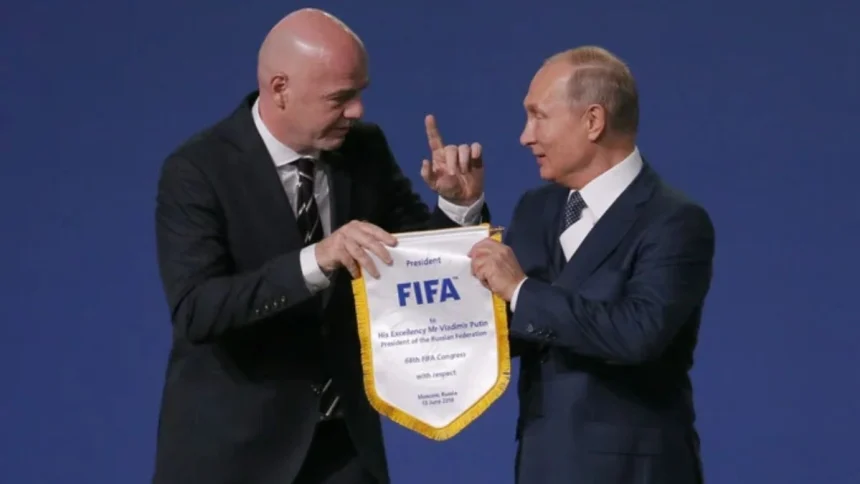Nations Banned From International Football
Football is a global sport, but not every country has always been welcome on the international stage. Throughout history, political disputes, wars, and ethical violations have led to nations being banned from participating in international football.
These bans, enforced by FIFA and UEFA, reflect the strong connection between politics and sport. They also show how football organizations use sanctions as a tool to enforce global standards of peace, fairness, and safety.
Why Nations Get Banned
There are several reasons why nations have been banned from international football. The most common ones include:
- War and political conflict: Countries involved in wars or invasions are often suspended.
- Government interference: When national governments interfere with football associations, FIFA bans them to protect independence.
- Ethical violations: Apartheid, racism, and human rights violations have also led to suspensions.
These bans send a strong message that football cannot be separated from the values of fairness and equality.
Famous Examples of Banned Nations
1. Yugoslavia (1990s)
During the Yugoslav wars, FIFA and UEFA banned Yugoslavia from international football in 1992. The nation missed Euro 1992 despite qualifying, as Denmark replaced them and went on to win the tournament.
2. South Africa (Apartheid Era)
South Africa was banned from international football for decades due to its apartheid policies. Only after apartheid ended in the early 1990s was the country welcomed back, leading to its iconic hosting of the 2010 FIFA World Cup.
3. Russia (2022-)
Following the invasion of Ukraine in 2022, FIFA and UEFA suspended Russia from all competitions. This included the 2022 World Cup qualifiers and UEFA tournaments, a ban that continues to affect Russian football.
4. Kuwait (2015-2017)
Kuwait was suspended due to government interference in its football association. The ban was lifted once reforms were implemented.
5. Indonesia (2015)
Indonesia was banned by FIFA after its government meddled in the country’s football federation. The ban was lifted in 2016.
6. Iraq (1980s)
Iraq faced temporary bans during periods of political instability and war, although the nation returned and famously won the Asian Cup in 2007.
Impact of Bans on Football
These bans often have major sporting and cultural consequences. Teams lose the chance to compete, players miss international exposure, and fans are cut off from the global football community. On the other hand, bans also push nations to reform their governance, improve human rights, or resolve conflicts.
Lessons from History
The history of banned nations shows that football is more than a game. It is a reflection of global politics, human rights, and values. While bans are painful for players and fans, they often play a role in shaping a better and fairer future for the sport.
FAQs
Q1. Why does FIFA ban nations from football?
A. FIFA bans nations due to wars, political interference, or human rights violations to protect the integrity of the sport.
Q2. Was South Africa banned from all sports during apartheid?
A. Yes, South Africa faced sporting isolation in multiple disciplines, including football, until apartheid policies ended.
Q3. Is Russia still banned from football?
A. Yes, as of now Russia remains suspended by both FIFA and UEFA due to the invasion of Ukraine in 2022.
Q4. Can bans be lifted once conditions improve?
A. Yes, once governments or associations resolve the issues, FIFA and UEFA lift bans, allowing nations to rejoin international football.
Q5. How do bans affect players?
A. Players from banned nations lose opportunities to play in qualifiers and tournaments, which can harm their careers and reduce global exposure.
Also Read- UEFA Banned Football Draws: The Official List Explained
